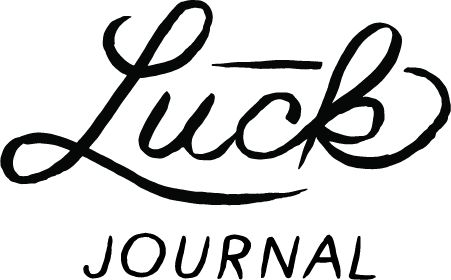Mavis and Friends at the Ryman Auditorium
Just reading the bill of “Mavis Staples and Friends at Ryman Auditorium” invokes a promise of a night of emotion, talent, and inspiration. Presented by the historic Newport Folk Festival, the evening was the second in a three part series of birthday shows celebrating 80 years of Mavis Staples. A portion of the proceeds from each show will go directly towards extending the Newport Folk Foundation’s support of music education programs in New York, Nashville and Los Angeles. Staples’ career has in no way slowed down since her reign with siblings Cleotha, Yvonne, Pervis, and patriarch Pops Staples; and she reminded us on the stage of the Mother Church that she’s still here, still mighty, and still singing.
The night began with a collaborative set which featured Luck Family artists Langhorne Slim; Nicole Atkins alongside “Howlin” Pelle Almqvist of the Hives; Phil Cook with Tamish Waden and Mavis “Swan” Poole; and the War and Treaty. The tie between gospel and protest music proved yet again their strength and synergy. The tone was set for the evening before Staples even took the stage.
After the War and Treaty concluded the introductory set with a moving rendition of “Sit Down Servant”, the stage was reset and Staples arrived alongside her first guest, Marty Stuart - or “little brother” - as Staples fondly referred to him, for a take on the Staple Singers classic “Uncloudy Day”. Stuart, playing Pop Staples’ guitar, shared his memories of the inescapable hit: it was seared into his childhood growing up in the American South. Accompanied by Stuarts’ Fabulous Superlatives band, the duo sang the anthem in perfect harmony, marking a triumphant start to the Nashville installment of Staples’ 80th Birthday celebration. Following her set with Stuart, Staples played her only two solo songs of the night, including 2016’s “Take Us Back”. A grin was plastered across Staples’ face the entire night, but became a little bit wider as she sang the simple lines:
“I got friends and I got
I got family
I got help from all the people who love me”
You could tell that she, and just about every person crammed into those hallowed pews, felt the weight, truth, and exuberance of those words. Each time she returned to the refrain, “all the people who love me”, she extended her hands to the crowd in a motion of gratitude and delight. Though each special guest delivered a powerful homage to Staples, that moment, on-stage solo and taking in the love around her, that she exhibited the most palpable and uninhibited joy. And as audience members in a room of would-be strangers, we all knew that we had at least one unifying commonality: We love Mavis.
As her set continued, Staples invited out act after act including Nicole Atkins; the Lone Bellow; Nick Lowe; Elle King; North Mississippi Allstars; Billy Strings; the War and Treaty; the Milk Carton Kids; Pat Sansone of Wilco; and a surprise appearance by now-Nashvillian Sheryl Crow who performed “Touch a Hand, Make a Friend”. Each time a new friend appeared on the stage, Staples greeted them like they were stepping foot in her own living room, welcoming them into her home on the stage.
Standout performances of the evening came from friends new and old alike, including a seemingly effortless guitar solo from Jason Isbell on one of Staples’ latest releases, “Change”, and Staples’ first-ever collaboration with Wynonna Judd. After performing another new Mavis tune, “Stronger”, Judd boasted to the audience, “This one’s going on my resumé,” to which Staples quipped, “Oh Wynonna you a bad, bad girl. Wynonna is a firecracker, oh yes she is.” The Milk Carton Kids joined Staples next, having earlier in the week presented her with her Americana Music Awards nomination.
When asked how she does it, Staples teased the artists over forty years her junior with a chuckle: “If I tell you my secrets you might live to be eighty. I’ll still be around when you’re eighty!”
As the evening began to wind down, Margo Price and husband Jeremy Ivey took to the stage to sing “Will the Circle Be Unbroken”. Staples and Price danced together with such a freedom that only a woman in her 8th decade and a woman in her 8th month of pregnancy could share. Generations represented, lit with the promise of a new life, they echoed the sentiments of the evening: we’ve got each other, we’re still fighting, and we’re all gonna be alright.
The finale brought each artist back to stage for a Staples’ traditional performance of “The Weight”. Everyone in the room was on their feet. You could see the people spilling out from backstage, just trying to grasp as much of the moment as possible. “I’m so happy that you all came to my party,” Staples beamed. We were all happy we came too.
Catch the final show of Staples’ birthday run in Los Angeles on May 22nd and stay tuned for Staples’ fourteenth studio album, “We Get By” available everywhere via Anti Records May 24th.
All photos via Instagram.








